How the Gold Coast can become an epicentre for world-class content for streaming juggernauts
THE Gold Coast is in the box seat to claim a chunk of the huge international funding pie available for content creation for small screens — from TVs to tablets and phones.
Entertainment
Don't miss out on the headlines from Entertainment. Followed categories will be added to My News.
THE Gold Coast is in the box seat to claim a chunk of the huge international funding pie available for content creation for small screens — from TVs to tablets and phones.
“The screen industry is worth $1 billion to Queensland and employed 7000 people last year — 80 per cent on them based on the Gold Coast,” Queensland Premier Annastacia Palaszczuk said.
GET FULL DIGITAL ACCESS FOR 50C A DAY
“It’s big business and we want it to get bigger.”
While the term ‘screen’ has traditionally referred to film and TV productions, the effects of digital disruption mean it now includes app development, interactive games and content, online digital content and subscription video on demand platforms SVOD.
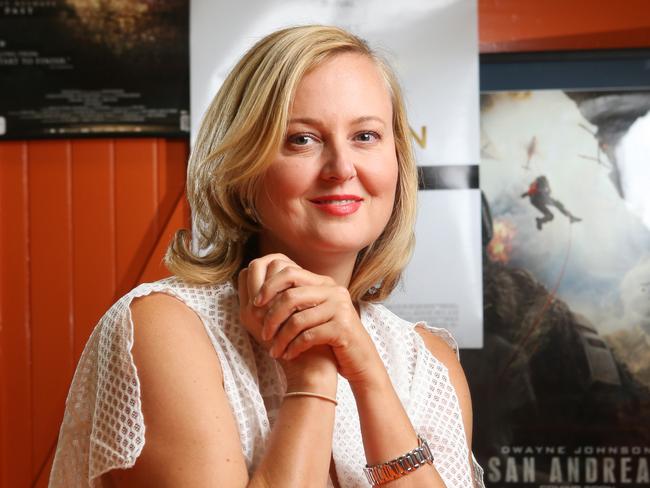
Local stakeholders want big commissioning brands and services such as Netflix to invest in the local market to help sustain business so people don’t have to follow work to Los Angeles.
“We don’t want that. We know that we’ve got a great opportunity to build creatives and businesses here,” Screen Producers Australia CEO Matt Deaner said.
The industry wants the Federal Government to introduce quotas for foreign streaming services working in Australia to encourage more production on our shores — and generate more Australian content for their catalogues.
Screen Queensland (SQ) CEO Tracey Vieira said streaming service Stan had committed to making Australian content — and wants Netflix to do the same.
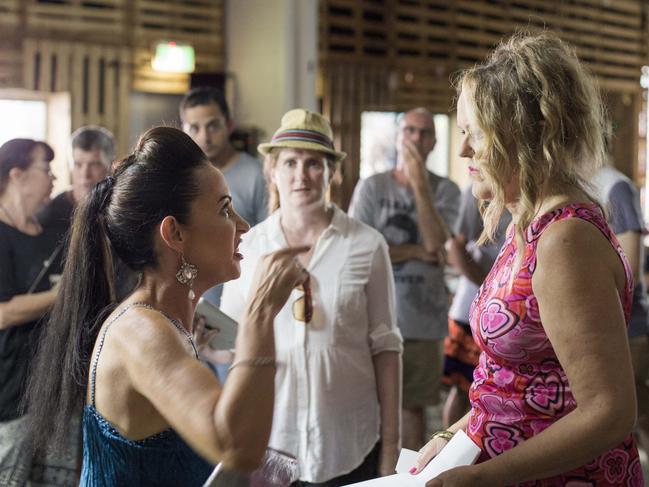
“Netflix don’t have any requirement to make Australian content,” she said.
“Stan are making more — it’s where they are showing a point of difference.
“Streaming video on demand audiences don’t care where the content comes from as long as it’s good.
“If you get the balance right, your content goes around the world.”
Gold Coast actor and content creator Anna Waters-Massey is a perfect example of the independent content generators making the most of the new playing field.
Waters-Massey (Shaz Dicker) and Tara Page (Trace Grogan) created the web series Stage Mums to showcase their talents. The latest season of their Gold Coast-made comedy, directed by Louise Alston, is now screening internationally on US streaming platform Seeka TV.
“We started filming one off episodes in my kitchen in 2014 and loading them on YouTube,” Waters-Massey said.
BIGGEST EVER CHINESE AUSTRALIAN CO-PRODUCTION FILMING AT VILLAGE ROADSHOW
After teaming up with producer Kris Maric in 2017, Waters-Massey developed Season 3 into a full production with 40 cast and 30 crew. She said the project was mostly self-funded on a “very small budget”.
“The new season is TV quality so we called that one “Stage Mums” and started shopping it around as a stand alone product,” she said.
“NYC webfest was our premiere screening at the end of 2017 and that led to us being approached by Seeka TV. Now we are airing internationally.”
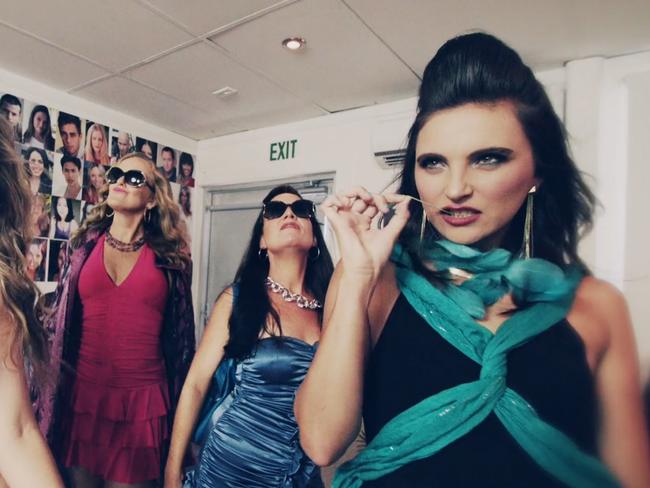
While Aussies are yet to see Stage Mums, Waters-Massey is in talks with a local network.
“It’s been a lot of hard work,” she said.
The quantity of projects and number of opportunities on offer has seen businesses with an eye on international relationships do well — including local companies Hoodlum Entertainment (Tidelands, Harrow) and Jungle Entertainment (Here Come the Habibs, Squinters).
“If they come up with a good idea they know a big chunk of change can come from a substantial resource overseas,” Deaner said.
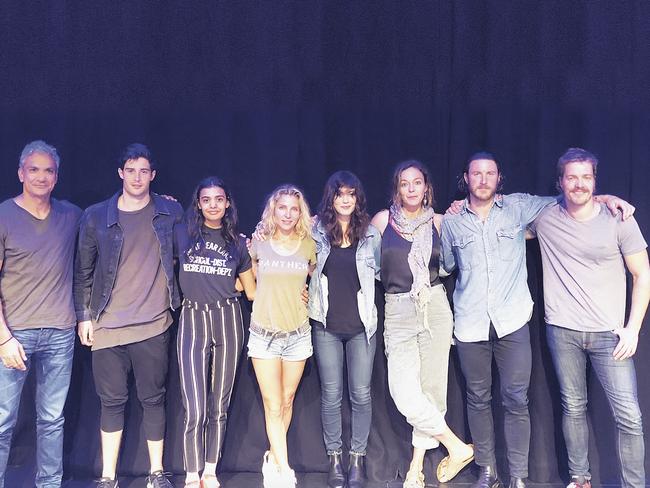
MARGOT ROBBIE CO-PRODUCING NEW TV SERIES FOR ABC
Netflix commissioned its first Australian original series Tidelands, currently filming in southeast Queensland, in 2017 followed by comedian Chris Lilley’s new 10-part series filmed on the Gold Coast.
“It suggests there is an appetite ” Deaner said.
SPA engaged Deloitte Access Economics to undertake a study into the current state of the
independent film and television sector in Australia and the key issues it is facing.
The survey captured scripted (drama) and unscripted (reality, light entertainment) content productions in the calendar year for 2017.
Almost half of the survey respondents (44 per cent) cited bargaining power with broadcasters as the top challenge facing the industry.
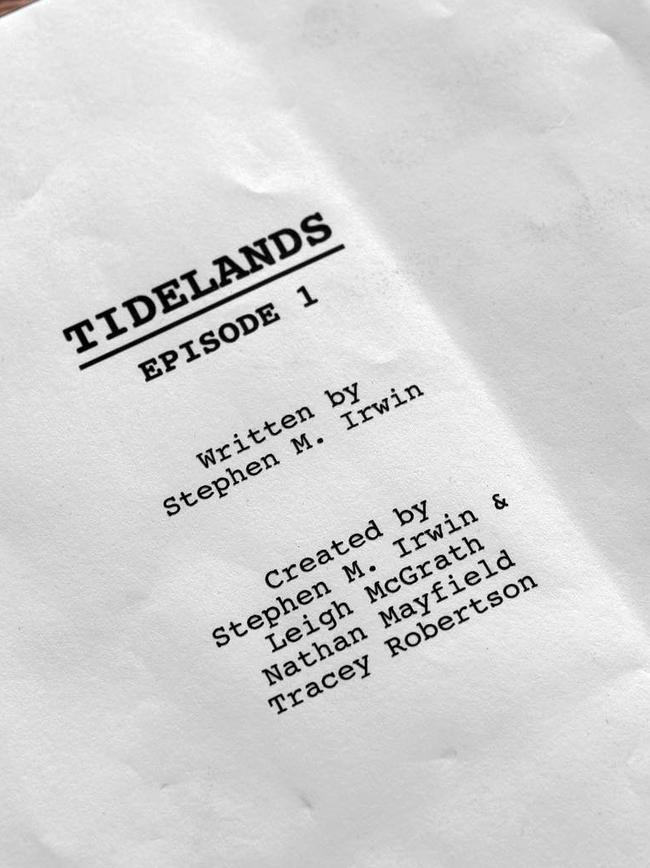
COAST ACTOR JOINS LI CHEN IN CAST OF BIG-BUDGET US-FILMED CHINESE TV SERIES SEVEN DAYS
High labour and capital costs in Australia were next (34 per cent), followed by sector specific government tax policy, international competition and competition from video on demand services (vod) (29 per cent).
Waters-Massey said the international explosion in demand and funding for streaming and short form content presented a golden opportunity.
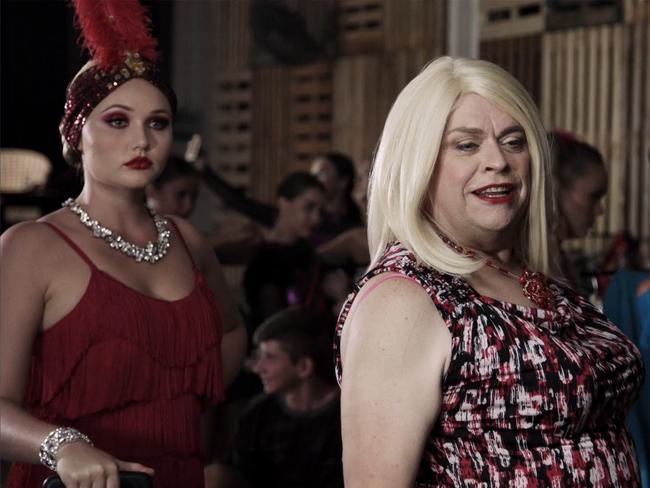
“Australia needs to embrace and develop it,” she said.
“People love to be able to consume bite sized content in their work breaks, on the trams/buses in between meetings.
“We have awesome content here and it’s a struggle to find platforms to show it on. We have numerous short film festivals and webfests but nothing after that.
“I’d like to see a streaming platform for short form content in Australia where quality web series and short films can be viewed.”


